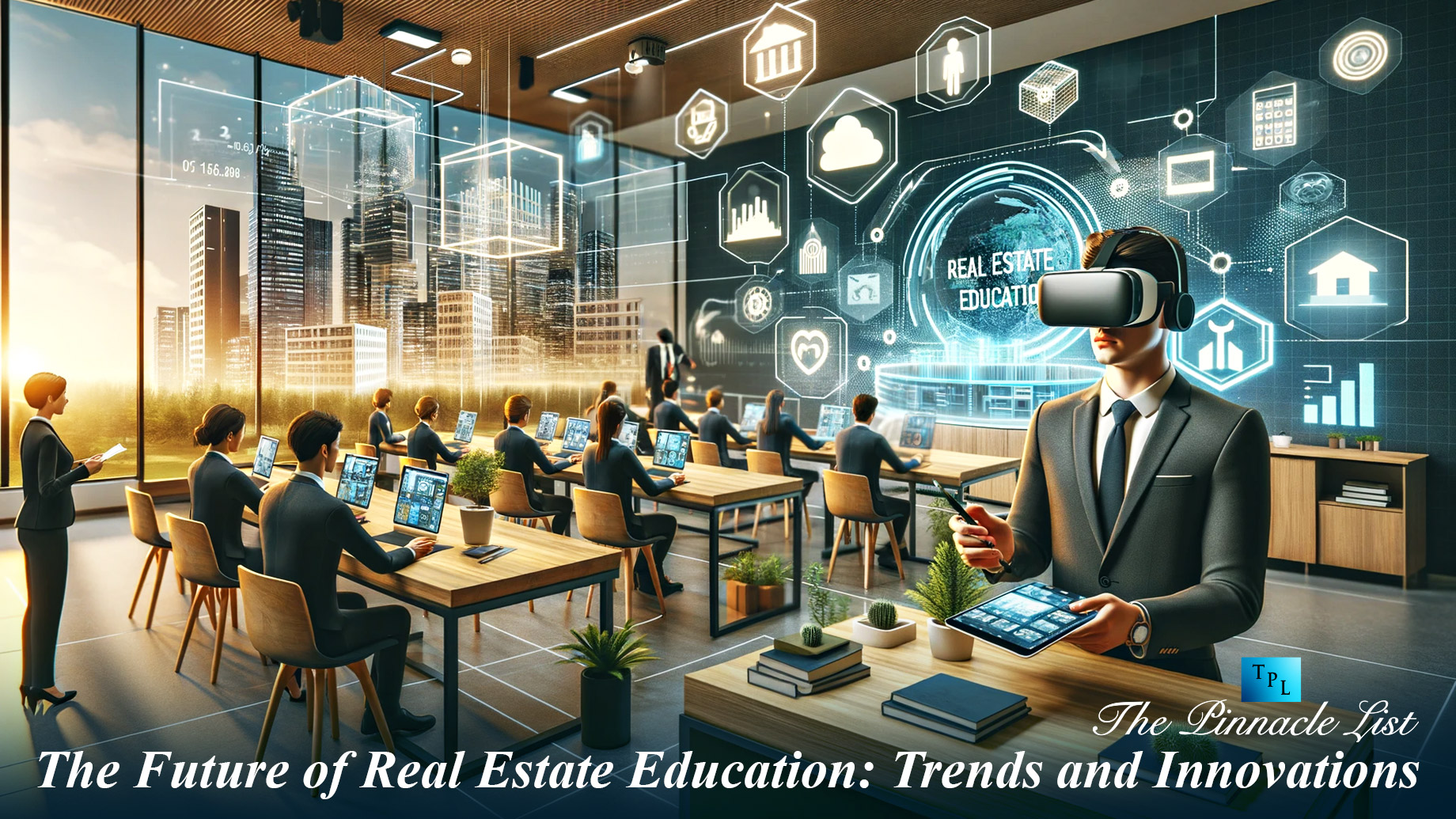
The real estate industry is in a state of significant transformation, spurred by technological disruption, evolving market trends, and shifting consumer behaviors. With the landscape in flux, real estate education must adapt. The future of real estate education lies in embracing trends and innovations, like those seen with Corofy online real estate classes, to ensure professionals are fully prepared for the industry of tomorrow. This article explores the key forces shaping this dynamic evolution.
Embracing Digital Learning Platforms
The rise of digital learning platforms is leading the charge for the transformation of real estate education. Corofy online real estate classes are prime examples, offering a flexible and interactive learning experience that breaks free of the classroom. These platforms have significant advantages:
- Accessibility: A recent study found that 75% of potential real estate professionals cite flexibility as their top reason for choosing online education.
- Resources: Students have access to video lectures, quizzes, live webinars, and more, facilitating self-paced learning.
- Convenience: This model is especially appealing to those balancing careers or wanting to enter the industry without major life disruption.
Incorporation of Virtual Reality and Augmented Reality
Virtual reality (VR) and augmented reality (AR) are poised to be game-changers in real estate education. They enable immersive learning experiences that mimic real-world scenarios. Here’s how they’re being used:
- Virtual Property Tours: Instead of simply seeing photos, students can experience a property’s layout and features as if they were there. This is changing pre-licensing education significantly.
- Investment Analysis: VR/AR can visualize complex data and financial projections for potential investments, aiding learning and decision-making.
- Enhanced Understanding: These technologies are proven to help students grasp complex concepts more effectively than traditional methods.
Focus on Data Analytics and Technology
The future of real estate is inseparable from data analytics and technology, and education must meet this demand. Programs like the real estate course NYC market offering from Corofy are integrating:
- Big Data: Students learn how to use big data for market trend analysis, property valuation, and targeted client outreach in New York City’s vast and diverse real estate market.
- Blockchain: The role of blockchain in secure transactions and smart contracts is increasingly important for real estate professionals to understand.
- Smart Homes: Courses address how smart home tech impacts property value, marketing, and the overall client experience.
Soft Skills Development
While technical expertise is essential, successful real estate professionals also need well-honed soft skills. Here’s where future education will focus:
- Negotiation: Simulation exercises and real-world scenario analysis aid in developing this core skill.
- Communication: Emphasis on effective verbal and written communication for smooth transactions and client management.
- Emotional Intelligence: Understanding client motivations and building strong relationships will be a major focus area.
Sustainability and Green Building Practices
Addressing environmental concerns, real estate education will spotlight sustainability and green building:
- Eco-Friendly Construction: Students learn about sustainable materials, energy-efficient designs, and building certifications (like LEED).
- Market Demand: Consumer interest in sustainable housing is rising; realtors who understand this have an edge.
Tailored Education Paths
One-size-fits-all education is outdated. The future lies in customization based on career goals:
- Specialization: Focus on residential sales, commercial, property management, investment, etc.
- Niche Markets: Online platforms allow for deep dives into areas like luxury real estate or international properties, down to the neighborhood level, such as Tribeca in New York.
Lifelong Learning and Continuing Education
Real estate education is shifting to an ongoing process instead of a single pre-career requirement.
- Changing Landscape: New laws, technologies, and market trends necessitate upskilling for professionals.
- Continuing Education (CE): Platforms are expanding CE offerings in specialized areas to keep professionals ahead of the curve.
Global Perspective
The world of real estate is getting smaller, and demanding education reflects that international scope:
- Cross-Border Transactions: Courses covering legal aspects, currency conversions, and cultural considerations are essential for some markets.
- Understanding Diverse Client Needs: Courses that expose students to the cultural nuances, expectations, and communication styles of international clientele prepare agents to work effectively with a diverse range of buyers and sellers in the global marketplace—an important
Conclusion
The future of real estate education is full of exciting possibilities. By embracing innovative trends and delivering a richer learning experience, platforms like Corofy are preparing students for success in a dynamic market. As the industry evolves, real estate education will remain at the forefront, ensuring professionals have the knowledge and skills to excel.